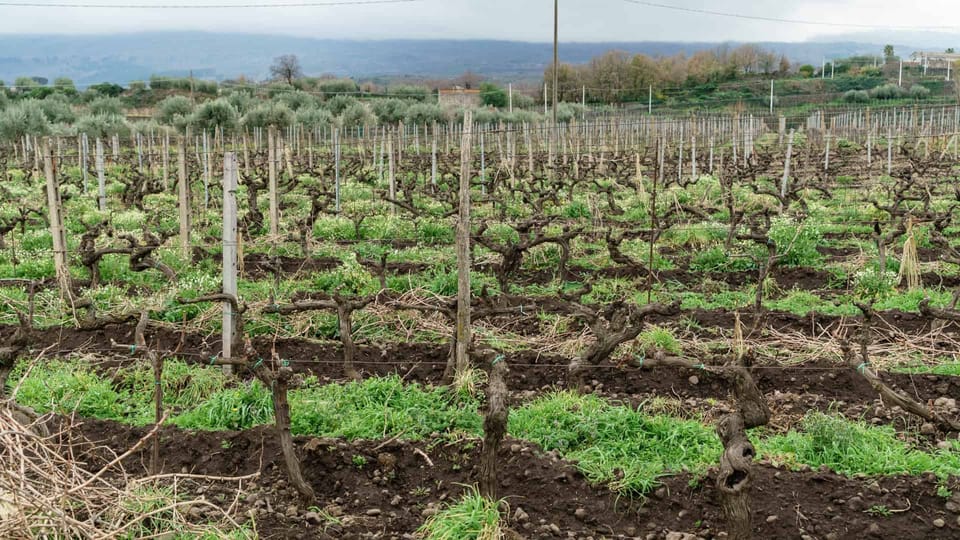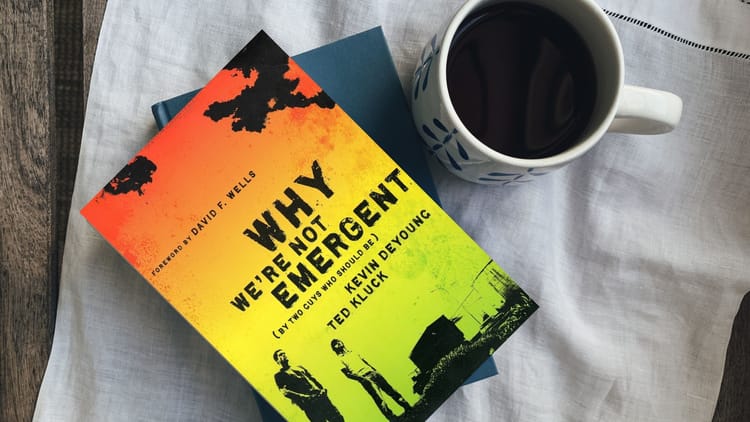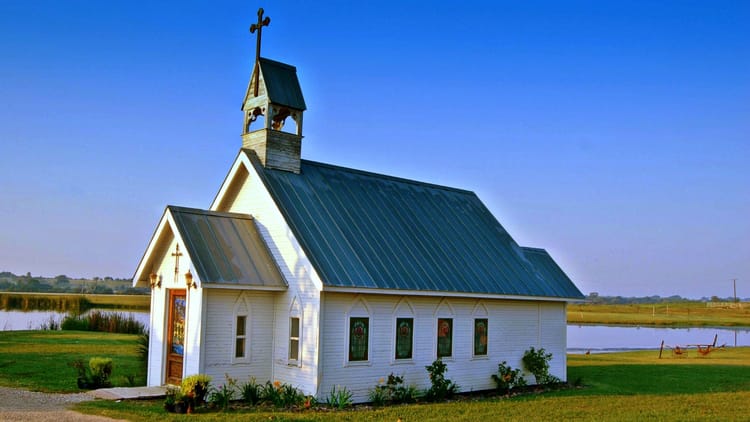Terroir

terroir | terˈwär |
noun
the complete natural environment in which a particular wine is produced, including factors such as the soil, topography, and climate.
I'm reading a quirky series of books called Zingerman's Guide to Good Leading. They're written by Ari Weinzweig, owner of a deli in Ann Arbor, Michigan. I'm enjoying them more than I expected.
In the first volume Weinzweig writes about the concept of terroir. "The 'soil' in which a business is built does make a difference. Just as you can taste the terroir of a good wine or food, you can for sure feel the flavor of Ann Arbor in Zingerman's." Zingerman's vision for 2020, written in 2006/7, focuses on staying local. They imagine a community of businesses "located in the Ann Arbor area. We are strongly rooted in the local terroir and our growth provides opportunities to individuals and to our whole community." They've resisted expanding nationally. They've chosen to stay local.
It's a business that makes sense in that community, because it grew there.
Makes sense. It's like a local park on the shores of Lake Ontario, a short walk from where I live. It's filled with native plants that thrive in our unique climate. It works because of where it's located.
Local Church
Terroir isn't just for wine producers and delis. It's for churches too.
Don't get me wrong. Churches don't get to pick what they do. Our instructions have been handed to us. We don't get to innovate our mission or our methods. I agree with Stephen Kneale: "The overwhelming majority of issues in our churches stem from a lack of thinking on ecclesiology." I'm grateful for ministries like 9Marks that help us think about these issues.
And yet we're local churches. We exist and grow in the soil of a particular community. We're tempted to copy the best practices of successful churches in other places when we should study what grows best in the soil where we live and serve. A church in a condo neighborhood in central Toronto should do the same things with a different flavor compared to a church in rural Ontario or a church in Nashville or Chicago.
Zack Eswine writes, "In order to do something, you have to be somewhere…Standing long in one place for a while allows the roots to deepen. It allows pastors to become pastors." You can sense the terroir in the best pastors and churches.
Dual Calling
Pastors and church members: learn about the church. Become a student of ecclesiology. Learn what Scripture says to the church in every place and at all times. We'll never live out our calling well as the church until we learn what Scripture says about being the church.
But while you're learning what's true about the church in every place and at all times, learn what it means to be a local church. Get to know the people in your neighborhood. Become a student of your locale. Figure out the needs of the people who live near you. Commit to staying where you are and learning what grows best in your local soil.
The soil in which a church grows makes a difference. We should taste the flavor of what's eternal as well as what's local in every faithful congregation.
if(window.strchfSettings === undefined) window.strchfSettings = {}; window.strchfSettings.stats = {url: "https://gospel-for-life.storychief.io/terroir?id=254431104&type=2",title: "Terroir",id: "d767e251-e777-4580-bbc2-19cabecad9ef"}; (function(d, s, id) { var js, sjs = d.getElementsByTagName(s)[0]; if (d.getElementById(id)) {window.strchf.update(); return;} js = d.createElement(s); js.id = id; js.src = "https://d37oebn0w9ir6a.cloudfront.net/scripts/v0/strchf.js"; js.async = true; sjs.parentNode.insertBefore(js, sjs); }(document, 'script', 'storychief-jssdk'))






